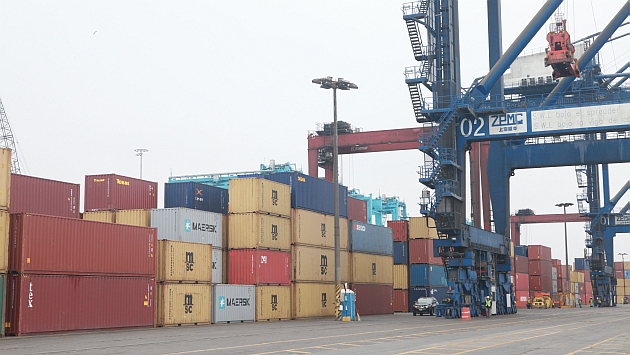The directors of the Dominican Confederation of Small and Medium Enterprises (Codopyme) advocated that the reform of the Labor Code not be approved by the National Congress, without it containing an agreement to modify unemployment.
Codopyme’s proposal is that the reform of the Labor Code includes a modification of severance pay, establishing a limit in the amount and time, of 10 salaries and five years, which allows companies to plan to meet this labor liability.
They urged that there be greater consensus to achieve the objective expected by all sectors, which is to reduce informality, generating higher quality jobs.
You can read: They assure evasion and unfair competition by Chinese, Dominican businesses will disappear
The second vice president of Codopyme, Amarilys Durán Salas, He expressed that with the current labor code it is expensive to be formal and one of the most costly elements is unemployment, the payment of which could bankrupt many small businesses. Furthermore, the situation becomes even more complicated if they are forced to go to court.
“Paying unemployment is very difficult for MSMEs, it is very burdensome and can bankrupt companies due to the difficulty and high cost. And if you go to court, the process becomes longer, more expensive and tedious,” explained Durán, when attending the Economic Meetingalong with Fernando Pinales, president of Codopyme and the past presidents of the entity, Issachart Burgos and Luis Miura.
Durán insisted on highlighting that any modification to the Code must contain a perspective focused on the real capabilities of small and medium-sized companies, since the majority are family-owned and generally do not exceed five employees.
Pinales explained that unemployment is a fear for the creation of formal jobs, especially for MSMEs that make up more than 99% of the Dominican business fabric.
He indicated that it contemplates a comprehensive vision that favors dialogue between employers and workers.
Pinales also recognized that, although layoff is not an acquired right as such, but rather compensation in favor of the worker, the complexity of the labor procedure has led to many lawsuits ending in excessive sentences, putting the very existence at risk. of these small businesses and generating unemployment among their workers.
On another note, Durán highlighted that a review of judicial processes in labor matters is urgent, since these often face long delays before being resolved, which harms both workers and employers. This delay is due to a combination of factors, including the overload of cases in the courts and a lack of resources.
He criticized that in the current situation the system does not lead to conciliation between employee and employer, but rather encourages confrontation.
Burgos recalled that they have reported that there are mafias of lawyers who buy cases only in search of money from the companies being sued, even at a time when the employee does not want to sue.


















